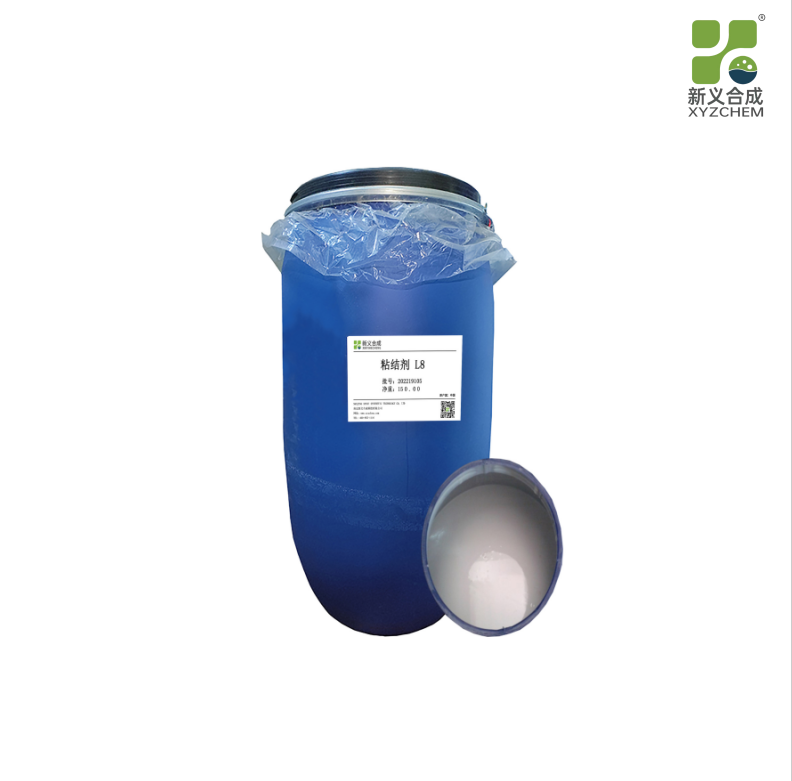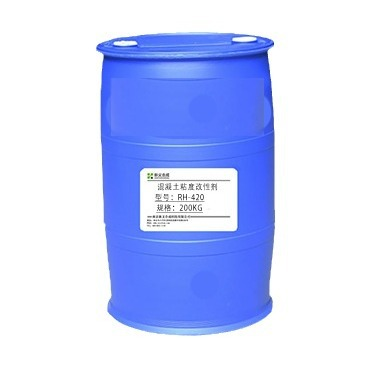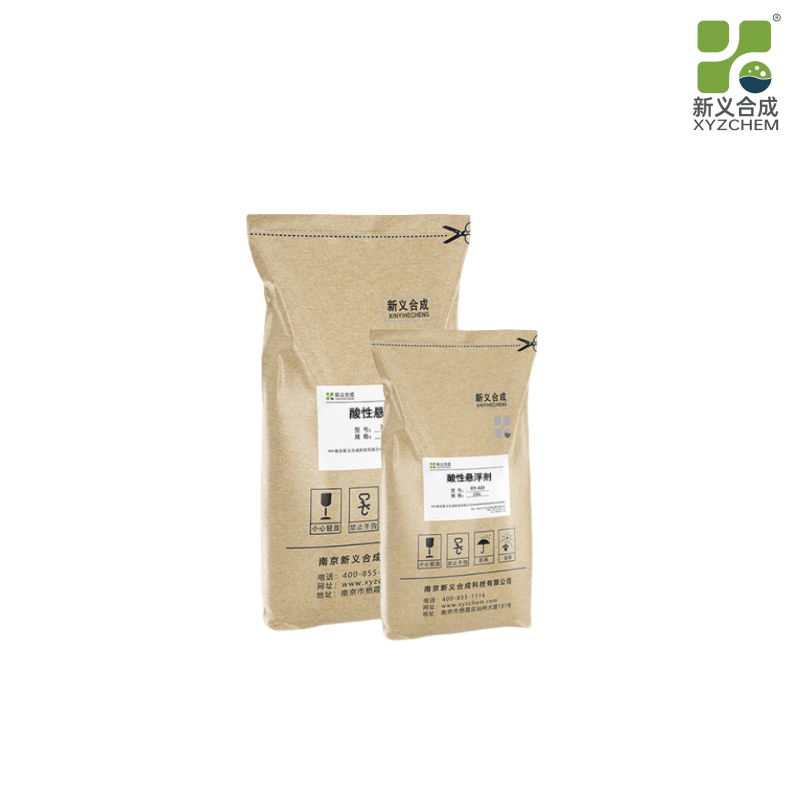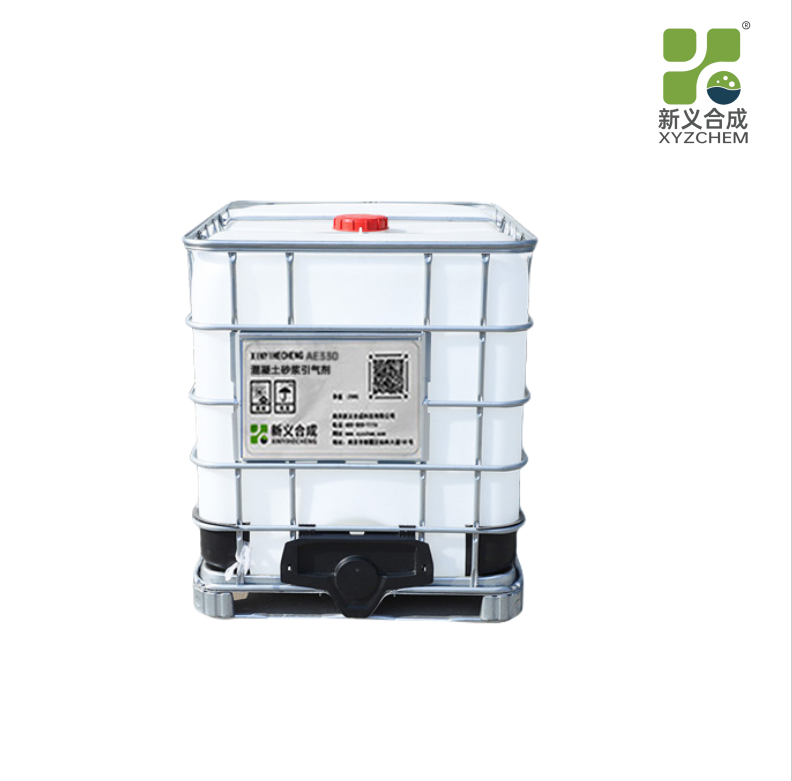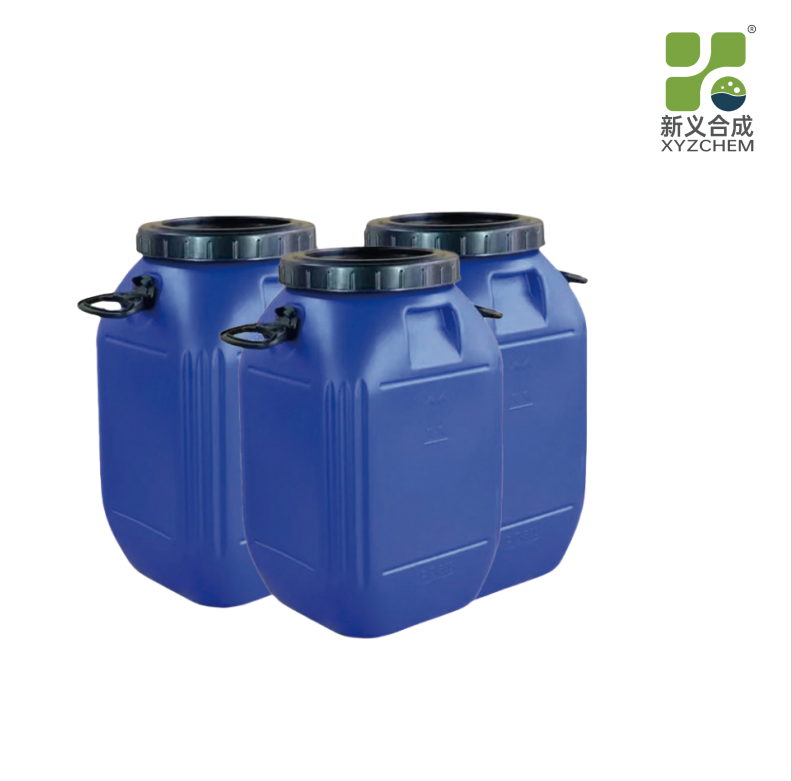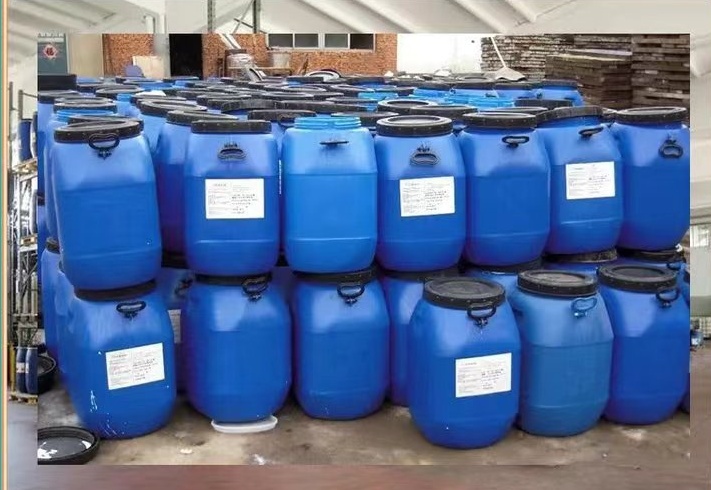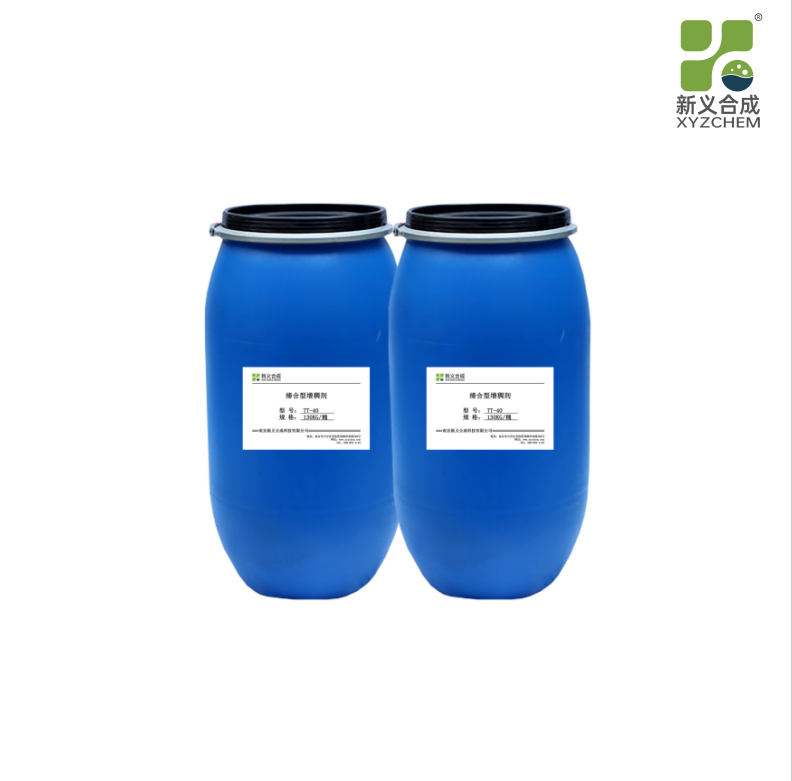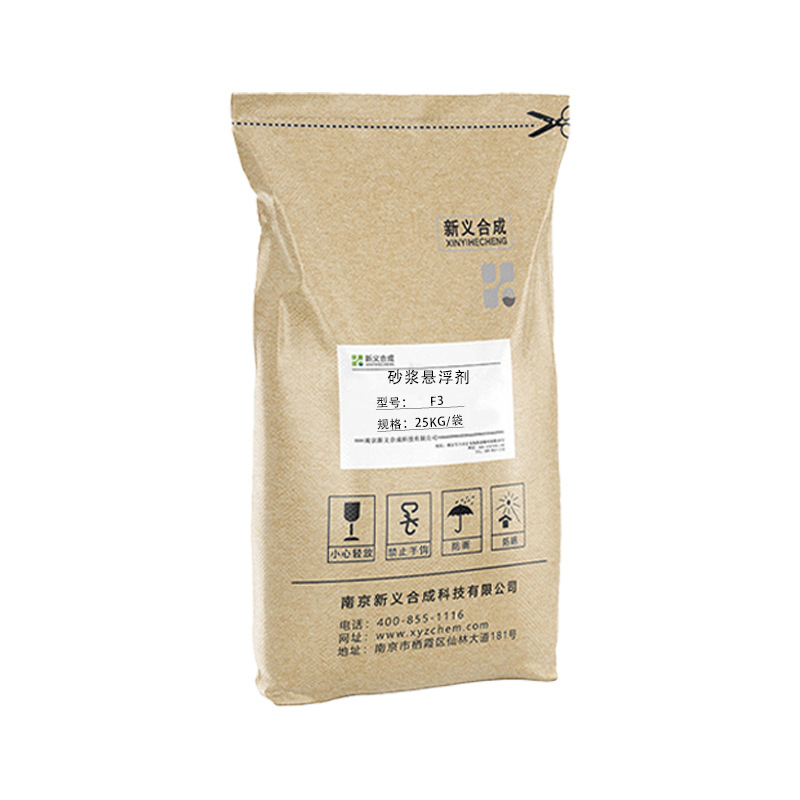Main functions:
Improve the fluidity, cohesiveness and water retention of concrete mix, improve the fluidity of concrete.
A large number of small, closed and stable bubbles are formed in concrete, which can improve the frost resistance and durability of concrete and reduce the phenomenon of concrete bleeding and segregation.
In the production of lightweight brick, lightweight concrete, lightweight wallboard and other building materials, air entraining agent can be used as one of the important raw materials to increase the volume of the product and reduce the weight, thereby improving the performance of the product.
Usage scenario:
It is suitable for structures with high frost resistance requirements, such as concrete DAMS, road surfaces, bridge decks, airfields and other large areas that are prone to frost.
In the production of lightweight brick, lightweight concrete, lightweight wallboard and other building materials, air entraining agent can significantly improve product performance.
Dosage range:
The amount of air entraining agent commonly used is 50 ~ 500ppm of the weight of cement.
Principle of action:
After the air entraining agent is dissolved in water, it is adsorbed on the gas-liquid interface to form a more solid liquid film, so that the surface tension of the solution decreases, thereby increasing the contact surface of the liquid and air.
Coupled with the protective effect of the adsorbed entraining agent molecules on the liquid film, the liquid film is relatively firm and the bubble is not easy to burst.
Other applications:
In the production of silicone rubber, air entraining agents can make the bubbles evenly distributed throughout the product, thereby improving product quality.
In chemical production, air entraining agent can be used in oil field development to increase gas content of oil well and improve oil recovery rate. At the same time, it also has important applications in chemical production such as fertilizers and plastics.
In summary, the air entraining agent dedicated to building materials has a wide range of applications in many fields such as building materials, silicone rubber and chemical production, and its main role is to improve the performance of building materials such as concrete, improve product quality and durability.
Air entraining agents have significant benefits in the field of building materials, mainly including the following aspects:
Improved frost resistance: Air entraining agents can form a large number of small, closed and stable bubbles in the concrete. These bubbles can reduce the free water content in the concrete and prevent the expansion stress generated when the water freezes, thus significantly improving the frost resistance of the concrete. This is particularly important for structures in cold areas or that are subject to freeze-thaw cycles.
Improved durability: The presence of bubbles can block the capillary channels in the concrete, reduce the penetration of moisture and harmful substances, reduce the risk of chemical erosion and physical wear of the concrete, thereby extending the service life of the concrete.
Improve working performance: air entraining agent can improve the fluidity, cohesiveness and water retention of concrete mix, make concrete easier to construct, reduce the phenomenon of bleeding and segregation in the concrete pouring process, and improve the uniformity and compactness of concrete.
Reduce density: In the production of lightweight brick, lightweight concrete, lightweight wallboard and other building materials, air entraining agent can make the volume of the product larger, reduce the weight, reduce the density of the material, thereby saving material costs and reducing the weight of the building structure.
Improve cracking resistance: Bubbles can form small elastic Spaces in concrete, and when the concrete is subjected to external forces, these bubbles can absorb part of the energy, reduce stress concentration, and reduce the risk of cracking of concrete.
Improve thermal performance: The presence of bubbles can reduce the thermal conductivity of concrete, improve the thermal performance of concrete, and make the building structure perform better in terms of thermal insulation.
Environmental protection and energy saving: The use of air entraining agent can reduce the amount of cement in concrete, reduce energy consumption and carbon emissions, and meet the requirements of environmental protection and energy saving.

